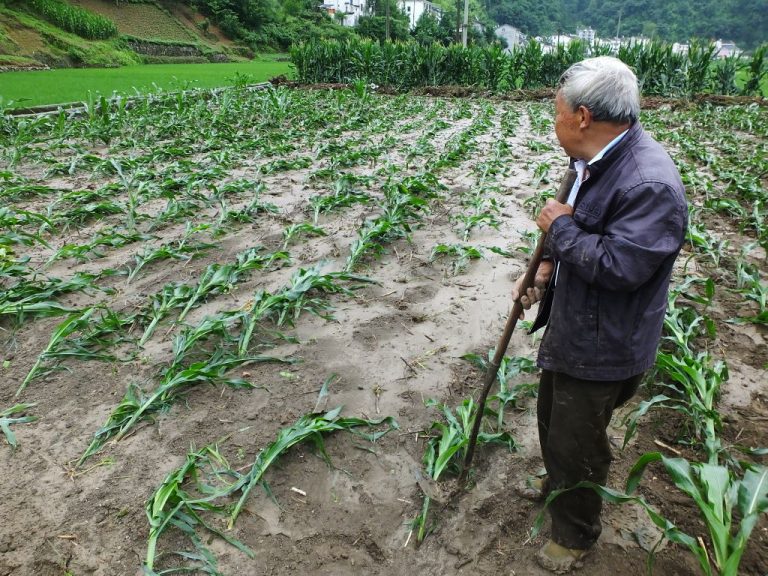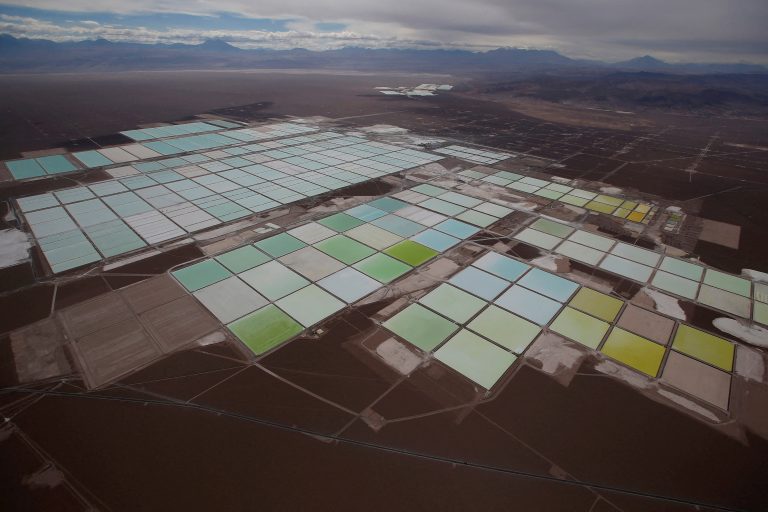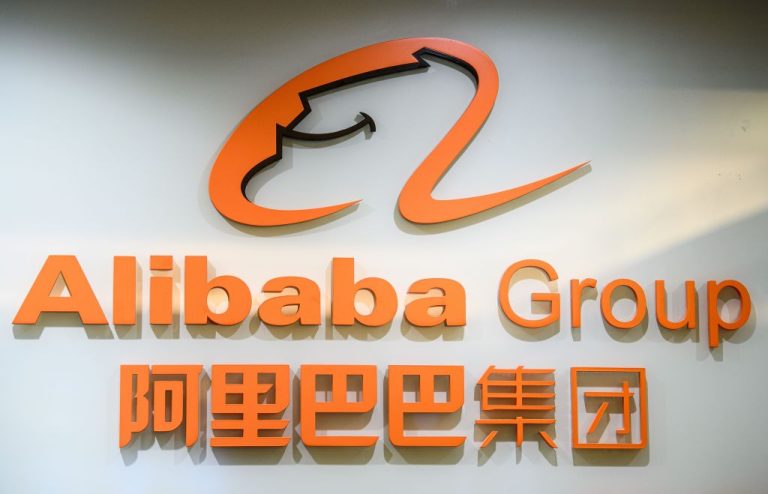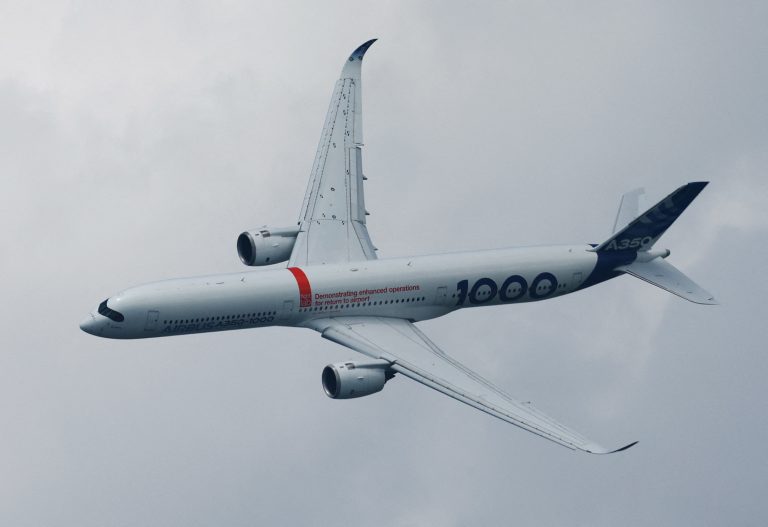The Chinese Communist Party (CCP) has come down heavily on independent experts that publicize honestly about the nation’s suspected recent disastrous crop yields and supply shortages. Latest reports suggest numerous industry officials have been detained and their online businesses closed.
According to The Cattle Site, corn prices are continuing to rise in the mainland, and during the 2020-2021 growing season, China is likely to face its first corn shortage in years. The shortfall is expected to be as much as 30 million tonnes, or around 10 percent of the country’s total crop.
“It is certain that there will be a corn shortage in the future, and we would need to import a lot next year,” an executive with a state-owned trading firm told Reuters in September of 2020. He declined to be identified due to his lack of authority to speak to the media at the time.
In another report published by Reuters on May 12, Chinese agricultural data provider and industry leader Cofeed unexpectedly suspended services, leaving the world’s biggest soybean buyers without an honest source of Chinese data.
Reports state that analysts working in Beijing at the company have evidently disappeared or are under house arrest for reporting honestly on China’s grain and corn supply and pricing, according to ABC Australia.
Success
You are now signed up for our newsletter
Success
Check your email to complete sign up
Cofeed stopped updating its website on April 29. According to Reuters, a security guard who worked at the address on the company’s website said staff moved out last year.
A “person familiar with the firm” told Reuters Cofeed had been operating out of a villa on the northern edge of Beijing. Police had sealed the doors at that address on April 29.
Meanwhile, cell phones associated with company analysts, along with a phone number on Cofeed’s website all went unanswered when Reuters sought to contact the firm for comment.
At another Shanghai-based company called JCI, an employee was evidently arrested for reporting truthfully about Communist China’s grain pricing.
“Agricultural data in China is very hard to get,” Andrew Whitelaw, an independent market analyst from Thomas Elder Markets, told ABC. “The market information out of China is so blatantly propaganda.”
“The only way to find out is to have someone on the ground who you know is genuinely trustworthy.”
A senior strategist with Market Check, Nick Crundall, believes the Chinese authorities are desperately trying to control reporting on the situation to assuage domestic angst about grain supplies and to curb the level of import costs.
“They don’t want the whole world to know that they need grain, and they are in a bit of strife, so they very closely regulate the information that is released,” he told ABC.
Whitelaw also said, “it has become harder than ever to get accurate grain price data out of China,” which naturally indicates that things aren’t what they seem.
“It creates all sorts of food inflation problems and them having to pay more for imported grain,” Crundall added. “So the Chinese are very strict on going out there telling the world there are no issues.”
According to Whitelaw, indications from the communist country depict an agitated situation between authorities and the harvest, along with a concern about demand and supply of grain and corn.
“They’ve said they’ve had a record harvest but they’re importing record amounts of corn, they’ve put options for corn from the US and they’re buying Australian wheat,” he said.
“China’s gone from importing 6 million tons or less corn and that’s up to 25 million tons. You just don’t import things if you don’t need to…Australia is not going to import kangaroo meat anytime soon because we have got plenty.”
The CCP’s conduct is posing an increasing threat to the world’s democratic freedoms, largely because of its Marxist-Leninist ideology and its decision to accept particular aspects of free enterprise in the past. In addition, the United States and several other countries embraced dealing with China for this reason, sparking fast economic growth and modernization in China. The CCP still coerces nations around the globe to accept their political and financial requirements, which includes transforming international corporations into ones that reflect China’s socialist principles.
In an article posted on Jan. 23 by Law Enforcement Today, one of Biden’s first acts of office was to suspend an Executive Order by former President Trump ensuring that foreign adversaries were kept out of the American power grid. The EO was quietly revoked by Biden as a side note in an Order unrelated to the grid titled Executive Order on Protecting Public Health and the Environment and Restoring Science to Tackle the Climate Crisis.
By undoing his predecessor’s protections, the new administration has brought the United States closer to total absorption into the CCP’s global ambitions of technocratic authoritarianism.
With regards to Communist China covering up grain shortages, the lengths it is prepared to go to are simply staggering. As to what the CCP is truly worried about boils down to the Party’s addiction to “stability.”
Whitelaw summed this point up when he said, “The price of bread doubles and you have got riots on the streets because food prices are too high.”







